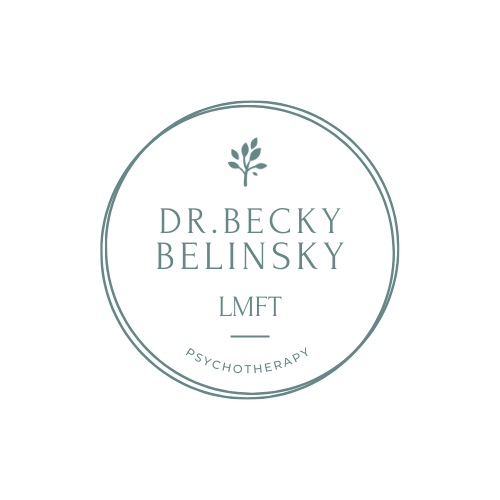How To Get The Most Out Of Therapy
So, you’ve found a therapist. You’ve gone through the process of calling different therapists, interviewing them, and (hopefully!) have found a good fit. Maybe they are local to you, in Los Angeles or Santa Monica, or virtual in your state. Now what? How do you get the most out of your therapy sessions? The most important thing to remember is that therapy is a process, and change takes time. It’s ok if some sessions feel really good and helpful, and others just feel okay. But, if you are wanting to make the most out of your sessions, here are a few tips.
1.Be consistent & prioritize therapy
While this one isn’t the most exciting, the best way to get the most out of therapy is to be consistent. Meeting with your therapist weekly, not missing many sessions (except for emergencies) is the best way to guarantee that the work will be successful. Meeting consistently with your therapist allows you to build a strong relationship quickly, and all the research shows that having a strong therapeutic relationship is the best predictor of successful therapy. Also, when you are consistent, you and your therapist can focus on the important things in your life and notice deeper patterns and themes rather than you needing to catch them up on what has happened since you’ve last seen each other.
2.Be as honest as possible – nothing is off limits
It is human nature to struggle to be completely honest all the time – especially when we have fears or shame about sharing things – but try to be as honest as possible with your therapist. Nothing is off limits. Therapy is meant to be a place where you can share things that might be hard to share with other people in your life. By sharing your true feelings and experiences, your therapist can better help you work towards the goals you have for yourself.
3.Give your therapist feedback
Similarly, don’t be afraid to tell your therapist how you feel therapy is going. We welcome feedback, whether good or bad, because it helps us help you. If we don’t know what is working and what isn’t, we aren’t able to adjust our approach to make sure it feels good for you. It’s in our training to be open to feedback, so we really want to know. In relational therapy, talking about the process between the therapist and client is also an important part of the work so we want to know how you’re feeling about us!
4.Reflect throughout the week, before and after
Take some time to reflect on your feelings throughout the week. Therapy is a great way to practice slowing downa nd paying attention to how you’re feeling, and you’ll get more out of it if you can practice this throughout the week. Often clients come in and can remember that there was something that happened earlier in the week that felt important, but they forget by the time they come to therapy. Contrary to the idea that “if it’s important, you’ll remember it,” sometimes these feelings and reactions can be very important to process in therapy even if the situation is resolved. Take some time throughout the week to reflect, journal, or write notes about what you want to talk about in therapy. It can also be helpful to spend a few mintues before your session thinking about this, and to reflect afterwards before you jump back into your day.
5.Let things be spontaneous
It can be helpful to have an idea of what you want to talk about in therapy to stay on track with your goals, but it is also important to allow spontaneity. Sometimes when we feel like we don’t have that much to talk about, this allows space for other deeper feelings to arise. Try to trust therapy and yourself and know that if something comes up during a session, it has value in discussing. Don’t worry about directing the session or making sure you talk about everything in one day. Allow your feelings and thoughts to guide you.
I hope this helps you find ways to make the most of your therapy sessions. If you want extra support, I would love to help. Feel free to call me at (424) 231-5877 for a free 15-minute phone consultation. If you are looking for help with eating disorders, anxiety, or relationship issues, you can read more about how I can help here.
